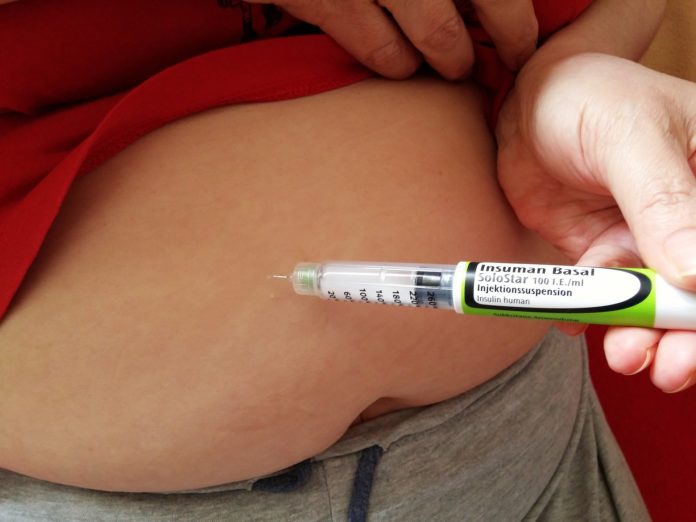New study shows how insulin eggs immune cells on, to help the body resist infections
Insulin, the hormone normally associated with blood sugar, improves the body’s ability to fight infections.
A new study by the scientists of Toronto General Hospital Research Institute (TGHRI) has detailed the role of insulin as a boost to the immune system.
Insulin is a hormone produced by beta cells of the pancreas and is crucial for the control of blood sugar. That is why, some people develop diabetes because their body is unable to produce insulin. For them extraneous insulin is required to restore the body’s ability to maintain normal blood sugar.
Insulin therapy is given by injection just under the skin or delivered by an insulin pump that generally keeps the glucose levels of most diabetics in check.
“We could harness this insulin signaling pathway to either boost the immune response to create vaccines, for example, or dampen it to heal inflammatory illnesses…”
TGHRI scientists have identified a specific insulin signaling pathway that, when activated, revs up the response of T cells in the immune system to divide rapidly. These cells then secrete cytokines – chemical messenger proteins that activate the rest of the immune system. T cells are blood cells that are the mainstay of the body’s ability to fight foreign particles including bacteria and viruses invading it.
A fast and effective immune response protects us against disease and life-threatening infections by destroying infected cells or microbes, while a wrong or inefficient one can cause immune system disorders or diseases to develop.
The research was published in the journal Cell Metabolism.
In their previous work, the scientists have demonstrated that immune cells inside belly fat cause the release of ‘pro-inflammatory’ chemicals, which make the body less sensitive to insulin. This is one of the reasons why people with type 2 diabetes or those who are obese, and at higher risk for developing type 2 diabetes, do not respond well or are resistant to insulin.
The goal of this research was to study how insulin regulates T cell function and what causes T cells to stop responding to insulin, said Dr. Sue Tsai, postdoctoral fellow at Toronto General Hospital Research Institute. T cells were chosen because they play a pivotal role in self-defense against infections.
Using genetically engineered mice, the research team designed mice with T cells that did not have an insulin receptor on them, mimicking insulin resistance. They then observed what happened to the T cells in the mice under different stressors, such as the H1N1 flu virus.
Without the added boost or kickstart provided by the insulin receptor to help “re-energize” the T cells to mount an effective immune response, the T cells failed to destroy viruses such as the H1N1 influenza.
“We could harness this insulin signaling pathway to either boost the immune response to create vaccines, for example, or dampen it to heal inflammatory illnesses such as arthritis, ulcerative colitis and Crohn’s disease,” added Dr. Tsai.


